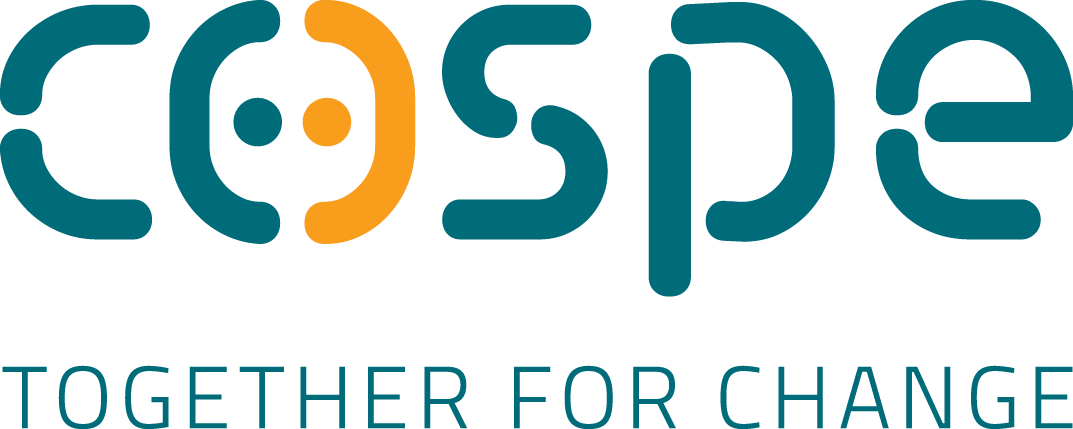An European project to fight sexism amongst teenagers through play and gamification
Fight sexism through play: on the occasion of the mobilizations of 8 march, COSPE launches the new three-years project, “Play for your rights! Innovative media education strategies against sexism and discrimination”. The project aims at fighting sexist hate speech coming from stereotypes and gender discrimination among adolescents through social media education strategies and gamification practices. For young people, play is a powerful tool for learning and change: a way of involving adolescents in addressing complex phenomena with creativity and imagination.
The sexist hate speech is a form of violence against women and girls that perpetuates and aggravates gender inequality; it is a priority problem to be addressed also in schools, through the work with teachers, girls and boys in order to build a culture of respect, inclusion and rights. Teenagers are, indeed, particularly exposed to on line bullying e women are the main victims of violence: the report EIGE (European Institute for Gender Equality) called “Cyber Violence against women and girls” (2017) underlined that ‘women are disproportionately the targets of certain forms of cyber violence compared to men. For example, in a survey of more than 9,000 German Internet users aged 10 to 50 years, women were significantly more likely than men to have been victims of online sexual harassment and cyber stalking, and the impacts of these forms of violence were more traumatic for victims’. Although it has taken a new dimension through the Internet, the root causes of sexist hate speech preceded the technology and are fundamentally linked to the persistent unequal power relations between women and men. Sexist hate speech takes many forms both online and offline, notably victim blaming and re-victimisation; “slut-shaming”; body-shaming; “revenge porn” (the sharing of explicit or sexual images without consent); brutal and sexualised threats of death, rape and violence; offensive comments on appearance, sexuality, sexual orientation or gender roles; but also false compliments or supposed jokes, using humor to humiliate and ridicule the target (council of Europe, Combatting hate Speech – factsheets 2016). Sexist hate speech is a form of violence against women and girls that perpetuates and exacerbates gender inequality and for this reason it can be considered a primary issue to address in order to build a culture of respect, inclusion, rights.
The project “Play4your rights”, supported by the program Erasmus of the UE, combines the different experience and expertise of six different partners in four European countries in the field of women rights and media education: COSPE, Casa delle donne per non subire violenza, Centro Zaffiria in Italy, Mediterranean Institute of Gender Studies in Cipro, Women’s Issues Information Center in Lithuania, medien+bildung.com in Germany.
The project makes an innovative use of media and gaming, and in particular the digital game and gamification as a strategy for engagement, as a tool for the active participation of adolescents, through the construction of counter-narratives that deconstruct gender stereotypes and bullying, sexist hate speech and violence related to these stereotypes.
Two games will be produced and tested in schools: the “Strategic reaction” game, an ad hoc card game in which you win by finding positive solutions to hate speech, and an “Urban game”, a game that starts from a story/narration of a character as in videogames, in which you proceed through steps with different difficulties and a mission to fulfill. The game will be designed by experts together with the boys and girls of the schools involved and placed in their true geographical and social context.
At the end of the project, the materials produced will be available online for free accompanied by a handbook and an app for teachers and educators; communication activities at national and European level will be also promoted with the aim of combating hate speech and gender stereotypes.
The project is part of COSPE’s commitment to support gender equality activities and mobilizations at various levels. 2020 is in fact considered a pilot year for the acceleration of gender equity and for the empowerment of women and girls around the world. As we well know, this goal is far from being achieved and it is important to build a culture of respect and rights for all starting from the youngsters, involving the educational structure with innovative methodologies.


